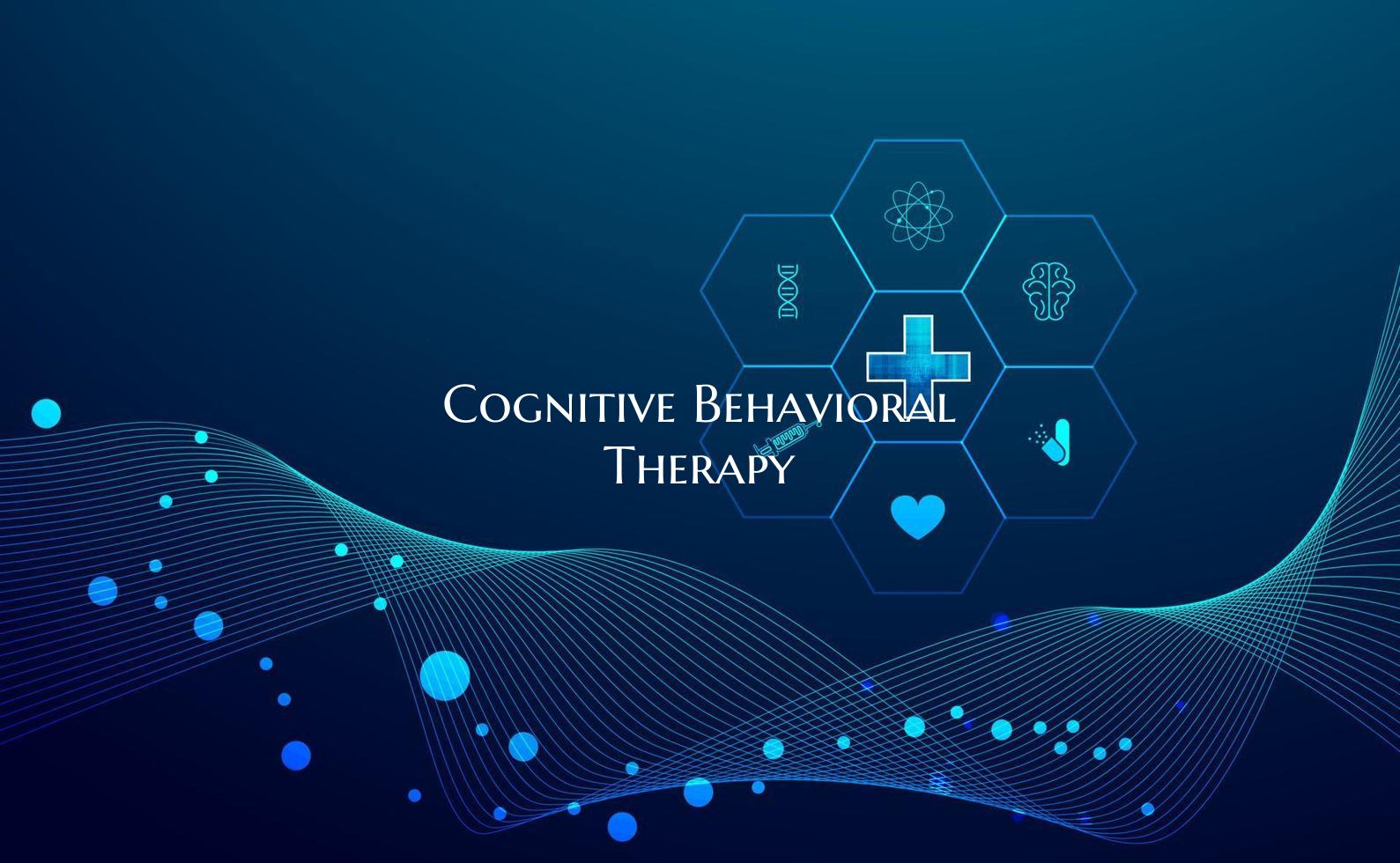
Cognitive Behavioral Therapy
Cognitive Behavioral Therapy (CBT) is a widely used therapeutic approach that focuses on the relationship between thoughts, feelings, and behaviors. This structured, goal-oriented therapy is based on the premise that our thoughts and perceptions influence how we feel and, in turn, how we behave. By identifying and challenging negative thought patterns, CBT helps individuals develop healthier coping strategies and improve their overall well-being.
One of the key principles of CBT is that our beliefs and interpretations of events can impact our emotional responses. For example, someone with low self-esteem may interpret a neutral comment from a colleague as a criticism, leading to feelings of inadequacy and subsequent behaviors like avoidance or withdrawal. Through CBT, individuals learn to recognize these maladaptive thought patterns and replace them with more accurate, balanced thoughts.
CBT is effective in treating a wide range of mental health conditions, including depression, anxiety disorders, phobias, post-traumatic stress disorder (PTSD), and eating disorders. By helping individuals identify and challenge negative thoughts, CBT can lead to significant improvements in mood, self-esteem, and overall quality of life. The skills learned in CBT can also provide long-lasting benefits, empowering individuals to manage future challenges more effectively.
In addition to its effectiveness in treating mental health conditions, CBT is also utilized in other areas, such as managing chronic pain, improving sleep, and enhancing communication skills. The structured nature of CBT allows for focused and efficient interventions, making it a valuable tool for individuals seeking practical strategies to address specific concerns.
Overall, Cognitive Behavioral Therapy offers a valuable approach to understanding and modifying the thoughts, feelings, and behaviors that contribute to emotional distress and dysfunction. By working with a trained therapist, individuals can learn to cultivate a more positive mindset, develop healthier coping mechanisms, and ultimately lead a more fulfilling and balanced life.